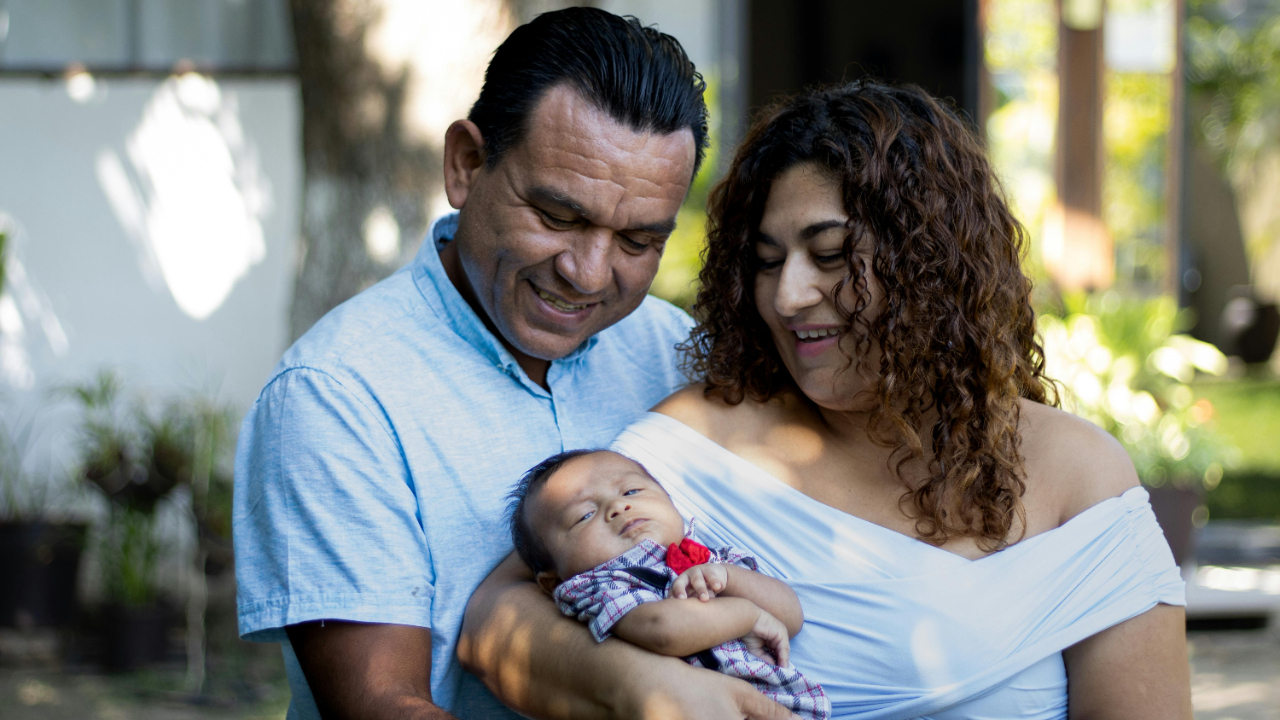About one in three births are delivered by Cesarean Section, though this varies by province, country, and even community. About half of those are planned, also called “elective,” while the other half are emergency, or unplanned. Keep in mind that the term “emergency cesarean” is used to mean that ...
Welcome to the She Found Motherhood Podcast + Blog
Bookmark this page or follow us on your favourite podcasting platform for weekly episodes about a range of topics! Researched and evidence based, featuring a wide variety of guest experts and Drs. Sarah & Alicia!
As we step into a brand new year, it's the perfect moment to embrace fresh starts - including the exciting possibility of starting or growing your family. On today's episode of the She Found Motherhood podcast, Dr. Sarah sits down with infertility specialist Dr. Beth Taylor to chat all things how to...
In this episode of the She Found Motherhood podcast, Dr. Alicia sits down with registered midwife Heidi Machnee for a deep, evidence-based conversation about water birth and water immersion during labour. Whether you’re planning a home birth, curious about using a tub for labour comfort, or simply w...
Babywearing is the timeless practice of holding your baby close using a sling, wrap, or structured carrier - and it offers far more than convenience. In this episode, Dr. Alicia breaks down the science behind babywearing, the physical and emotional benefits for both parent and baby, and how to posit...
We spend so much time preparing for labour and birth - reading, taking classes, writing birth plans - that it’s easy to forget there’s an even bigger transition waiting just on the other side. The moment you become a new parent, everything shifts: your hormones, your relationship, your identity, you...
Pregnancy is undeniably a time of accelerated body change. For women who may have a history of avoiding their body or engaging in other types of negative body image perpetuating behaviours, body avoidance becomes impossible to pursue. And while this can be a huge struggle, it can also be a wonderful...
Today’s podcast starts and ends with a BANG! We’re diving into a topic that bridges neuroscience, hormones, human connection, the physical body, and even the societal body. Yet sex and libido in pregnancy and postpartum remain topics so rarely discussed - leaving many couples to struggle in silence....
In today's episode, Drs. Sarah and Alicia dive into what low iron and anemia in pregnancy really mean, and how they can affect both childbirth and your newborn. They break down how to test your iron levels and share practical recommendations for treating low iron or anemia during pregnancy.
We’re a...
The experience of pain in labor can be influenced by a variety of factors such as previous experiences, and individual emotional, physical, motivational, cognitive, social, and cultural circumstances. Strategies for dealing with the pain can be medicinal and non-medicinal, both of which Drs. Alicia ...
Have you ever seen those photos of a pregnant friend walking in a field, their two toddlers happily in tow, or a newborn baby wrapped up in a blanket sleeping like a sweet cherub? You may have had several thoughts, such as that your young children would never stay still long enough for a photo where...
You’ve probably had lots of people recommend what to pack in your hospital bag. Or perhaps you haven’t thought about it at all yet! Either way, this episode is for you. Drs. Sarah and Alicia have supported thousands of pregnant people through labor and delivery and have had five hospital births of t...
If you are a regular listener and follower of our Instagram account (@She.Found.Motherhood), you will know that every Sunday we do a Q&A with our community where we try to answer as many of your burning questions as we can - but we often don’t have the capacity to get through all of them! So we de...















